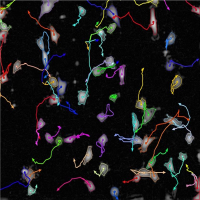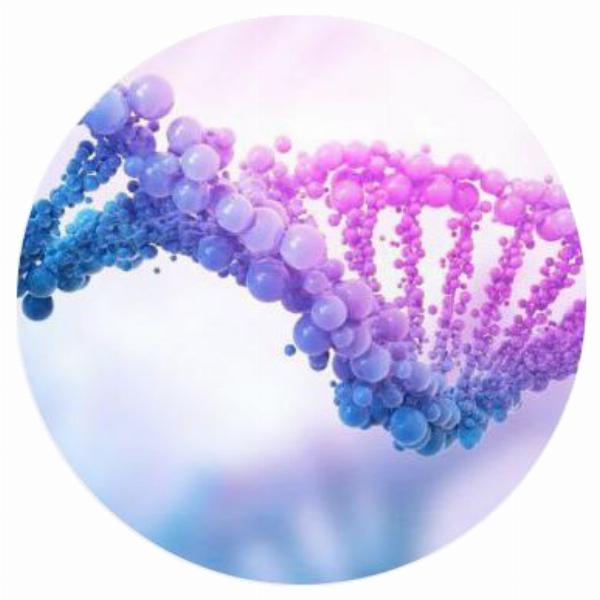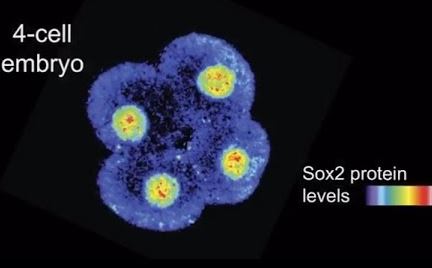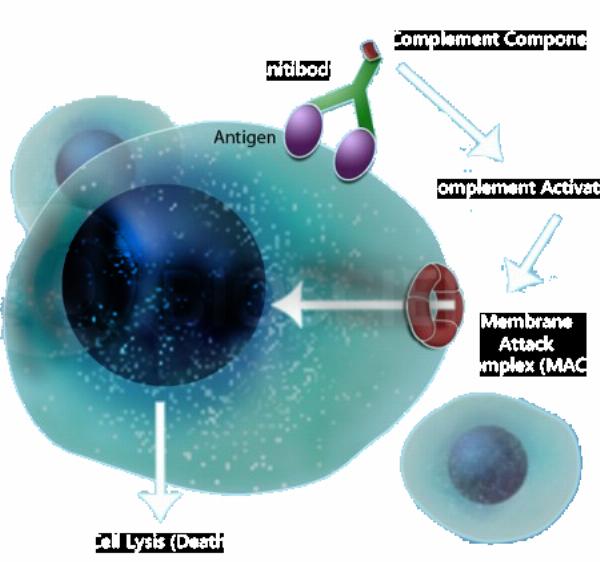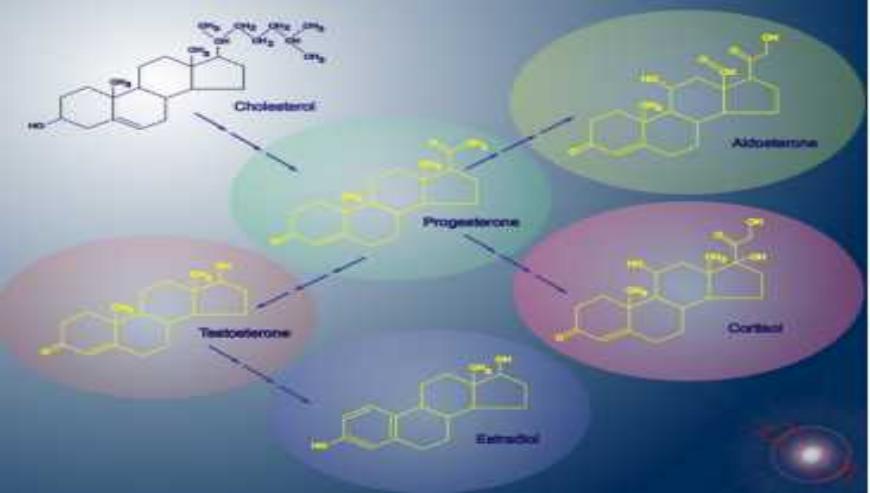A New Perspective on Advancing Cancer Research: From Cell Technology to Immune Assays
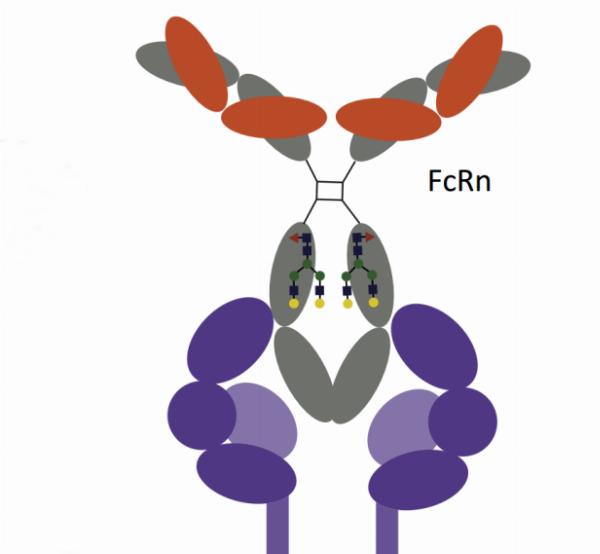
Strong 8k brings an ultra-HD IPTV experience to your living room and your pocket.
In modern biomedical research, advancements in cell technology and immune analysis have significantly enhanced the depth and breadth of cancer studies. The integration of these technologies and resources provides new perspectives and robust support for understanding and combating cancer.
Cell Banks: The Foundation of Cancer Research
Cell banks are core resources in biomedical research, offering invaluable materials through the preservation and management of various cell samples from human, animal, and microbial origins. Their role extends beyond long-term preservation to include high-quality management and quality control systems, ensuring sample stability and reliability.
In cancer research, cell banking services are particularly crucial. They provide a wealth of resources, including tumor cell lines, tissue samples, and blood samples. Through these samples, scientists can investigate the mechanisms of cancer occurrence, screen for new drugs, evaluate treatment efficacy, and explore immune escape mechanisms.
Immune Assays: Unveiling Cancer Complexity
Immunnoassay: utilize the specificity of antibody-antigen interactions to detect and quantify specific molecules within the body, playing a vital role in cancer research:
Biomarker Discovery: Immune assays help discover and validate cancer biomarkers for early diagnosis, prognosis assessment, and treatment monitoring. For instance, enzyme-linked immunosorbent assay (ELISA) measures specific protein levels in blood or bodily fluids to identify cancer-associated biomarkers.
Targeted Drug Development: These techniques assess the targets and mechanisms of new drugs. During development, researchers use immune assays to verify drug binding to cancer cell targets and evaluate efficacy and toxicity.
Immunotherapy Research: Immune assays are crucial in immunotherapy research. By examining interactions between cancer and immune cells, researchers optimize immunotherapy strategies, such as CAR-T cell therapy. Techniques like immunofluorescence and flow cytometry help understand the immune response to cancer cells, leading to more effective treatments.
Cell Signaling Pathway Research: Immune assays study cell signaling pathways, essential for understanding how cancer cells respond to biological signals or therapies. Techniques like Western blot and immunoprecipitation reveal pathway activation or inhibition, providing insights into cancer development and progression.
Cell Lines: Essential Tools in Research
Cell lines are indispensable research tools, providing a stable platform to explore cell behavior and treatment effects in vitro. Different types of cell lines, such as tumor and stem cell lines, play various roles in cancer research.
Tumor Cell Lines: For example, the A20-Luc-Puro reporter tumor cell line (A20 cell line) is used to study fundamental biological processes of cancer, drug screening, and treatment strategy evaluation. Utilizing the luciferase reporter gene, these cell lines enable real-time monitoring of biological activities, optimizing drug and treatment strategies.
Stem Cell Lines: These lines are crucial for studying cancer stem cells' characteristics and mechanisms, essential for understanding tumor origin and recurrence. They also aid in developing new treatments, such as cell therapy and gene editing.
Model Systems
By establishing animal models, cell lines can simulate tumor growth and metastasis, helping researchers evaluate different treatments' effectiveness. These models provide a deep understanding of disease progression and support clinical trial data.
As technology and resources continue to advance, the application of these tools and methods will expand, offering more possibilities and hope for cancer research and treatment. Continuous innovation and integration promise new heights in cancer research, bringing better treatment outcomes and improved quality of life for patients.
Note: IndiBlogHub features both user-submitted and editorial content. We do not verify third-party contributions. Read our Disclaimer and Privacy Policyfor details.

